Anti-regime movement in occupied Golan triggers alarm in Tel Aviv: Politician
By Ali Ghorban Bagheri
Protests by residents in the Golan Heights against the Israeli regime’s plan to install wind turbines in the occupied region, which come amid growing resistance in the occupied Palestinian territories, have sparked alarm in Tel Aviv, says a senior Lebanese politician.
In an interview with the Press TV website on Saturday, Wiam Wahhab, leader of the Lebanese Arab United Party and former minister of environment, explained the nature, dimensions, and consequences of the regime’s use of indiscriminate force against the residents of the occupied Golan Heights.
He said the popular anti-regime movement in the occupied Golan Heights along with popular and rapidly growing resistance movements in Gaza, the occupied West Bank, and the occupied territories of 1948 “greatly worries the Israeli regime”.
Thousands of protesters demonstrated against the plan to install wind turbines in the occupied Golan on Wednesday with Israeli forces using indiscriminate force, including tear gas, sponge-tipped bullets, and water cannon to suppress the protests.
More than a dozen people were reportedly injured in the attack by Israeli forces, who in turn responded with more vociferous protests and blocked roads in the region.
Israeli authorities plan to install 46 wind turbines in an area near the villages of Majdal Shams, Ein Qiniyye, Buq’ata, and Mas’ade in Golan, according to Syria's state-run news agency SANA.
Observers believe the wind turbine project is among the colonial plans of the apartheid Israeli regime in the occupied Golan Heights to consolidate its grip and normalize the occupation.
Wahhab told the Press TV website that Israeli authorities are “no longer in control of the situation” amid the popular movement by Druze Arabs in the Golan and resistance groups in Gaza and West Bank.
Commending the courage displayed by residents in Golan in confronting the occupying regime, the former Lebanese minister said they “should break into Israeli jails and free their prisoners”, and added that residents of the occupied lands of 1948 “should declare solidarity” with them.
In a statement on Thursday, the Syrian foreign ministry strongly condemned the Israeli military’s use of brutal force against residents of the Golan Heights protesting against the wind turbine project.
"We respect your honorable position and continuous struggle against the occupation plan of the Israelis with the aim of looting the agricultural lands of the Golan," the statement noted.
“The brutal attacks of the Israeli occupying forces against the people living in the occupied Arab Golan are a continuation of the aggressive policies and crimes of the Israelis and a clear violation of human rights, international laws, and the United Nations Charter”
Wahhab said the confrontation between the people of the Golan and the Israeli regime is expected to continue in the future while urging Arabs to “express solidarity with the residents of this region.”
The leader of the Lebanese Arab United Party said he will submit a protest note to the United Nations office in Beirut over the Israeli regime’s aggression in the occupied Golan Heights.
Israel in 1967 waged a full-scale war against Arab territories, during which it occupied a large area of the Golan and annexed it four years later – a move not recognized by the international community.
In 1973, another war broke out between the two sides and a year later, the United Nations brokered a ceasefire and established a buffer zone between the Israeli and Syrian forces.
The UN passed several resolutions calling for Israel's withdrawal from the Golan to no avail.
Israel has over the past several decades come up with dozens of illegal settlements in the occupied Golan, defying international calls to stop its illegal construction activities there.
VIDEO | Rome, Milan host new protests in solidarity with Palestinians
Dec. 21: ‘Axis of Resistance’ operations against Israeli occupation
Spain jurists demand ties with Israel ties be cut
VIDEO | Press TV's news headlines
VIDEO | Iran honors top Science Olympiad medalists
VIDEO | Austrians arrested at Gaza protest in Vienna
10 killed in bus crash in western Iran
VIDEO | One-man-band journalism with Civili


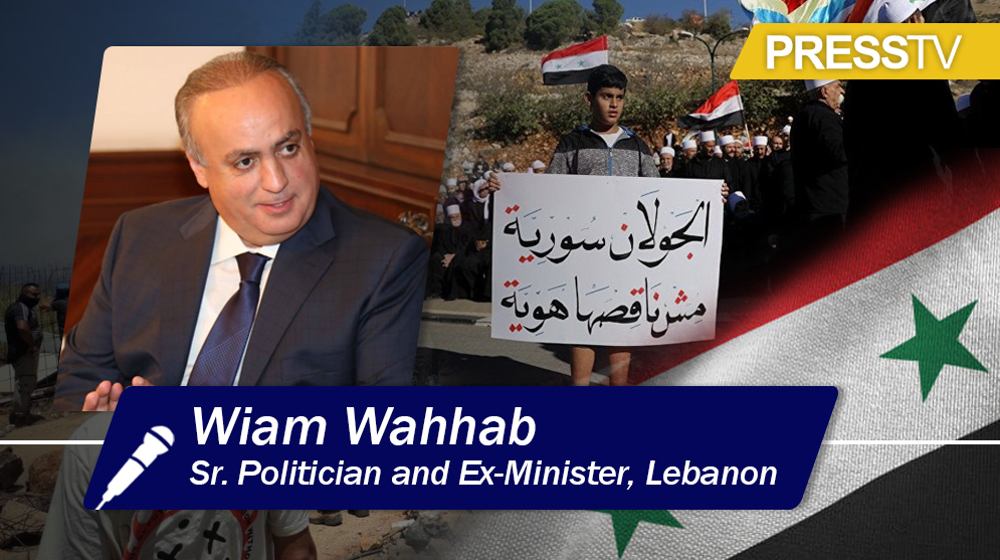


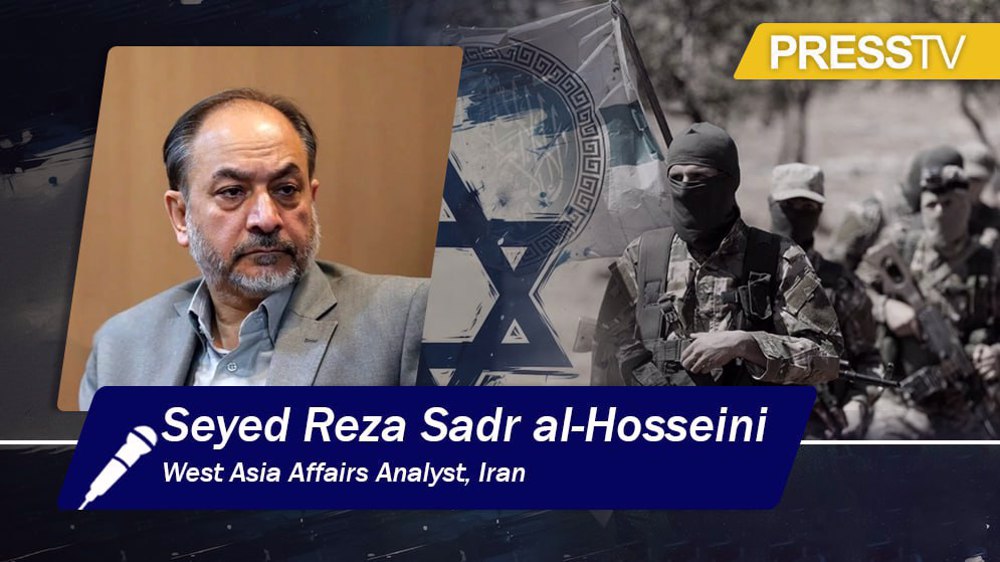



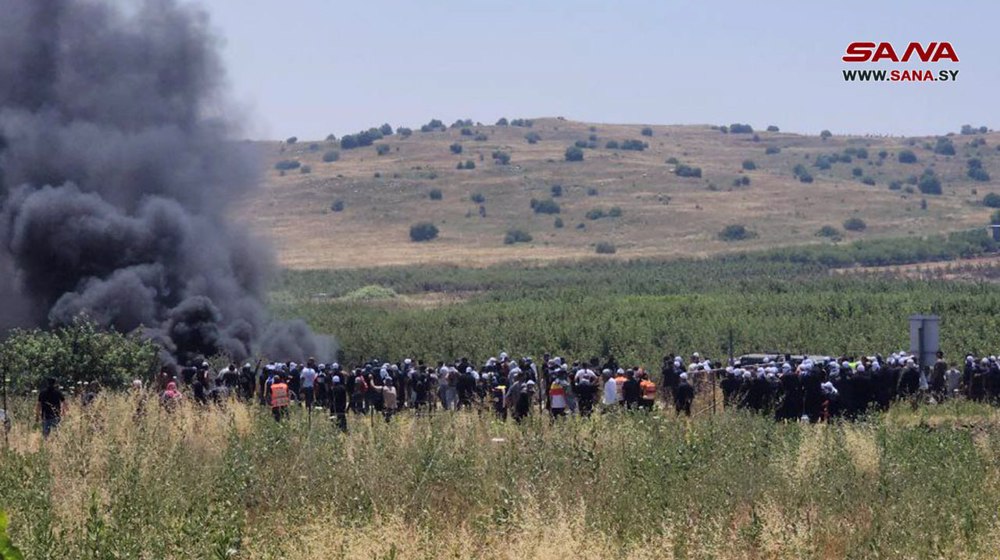
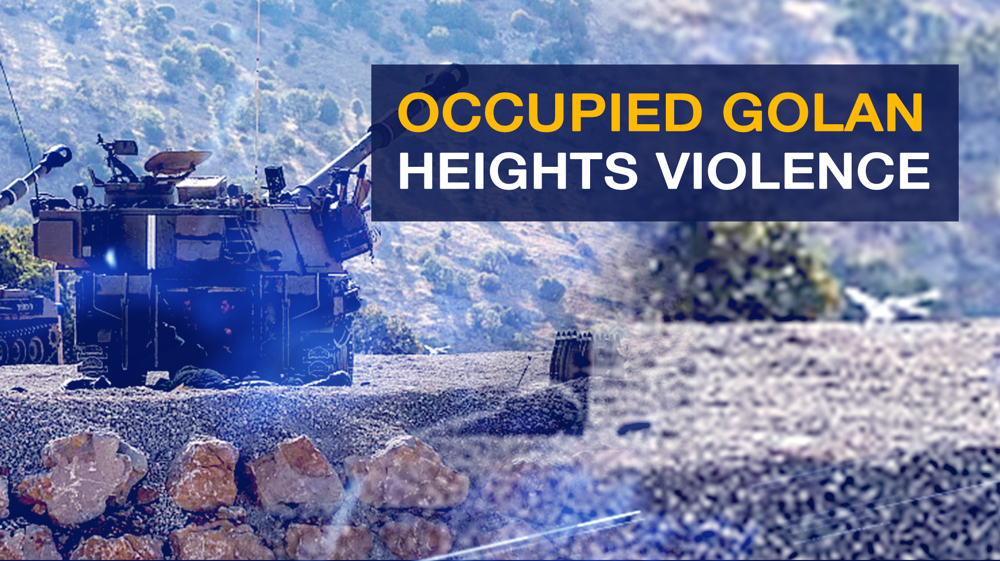
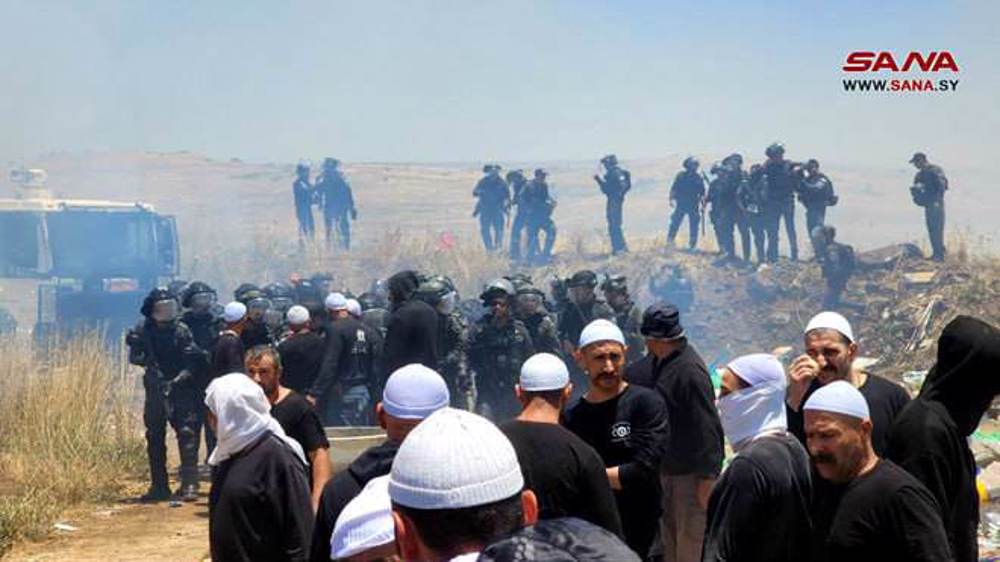
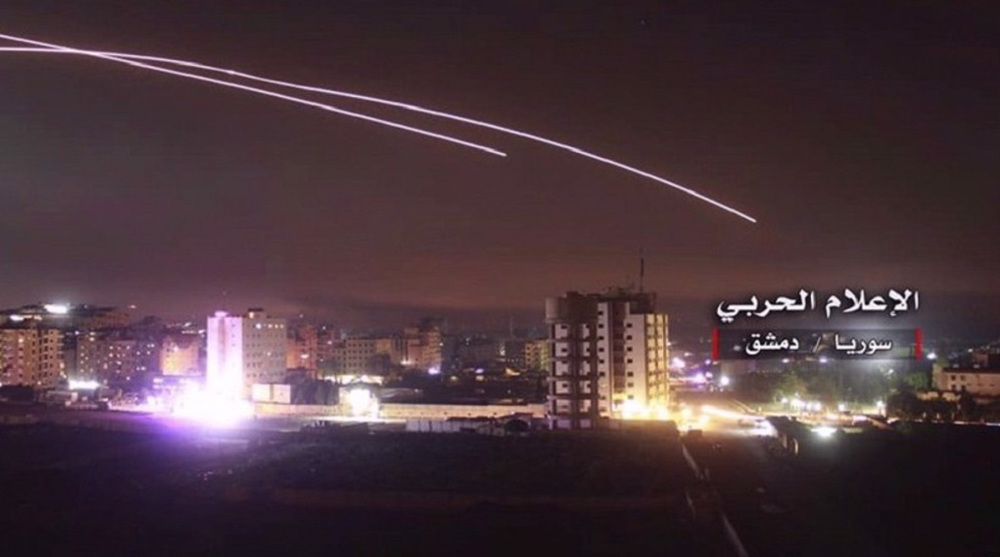
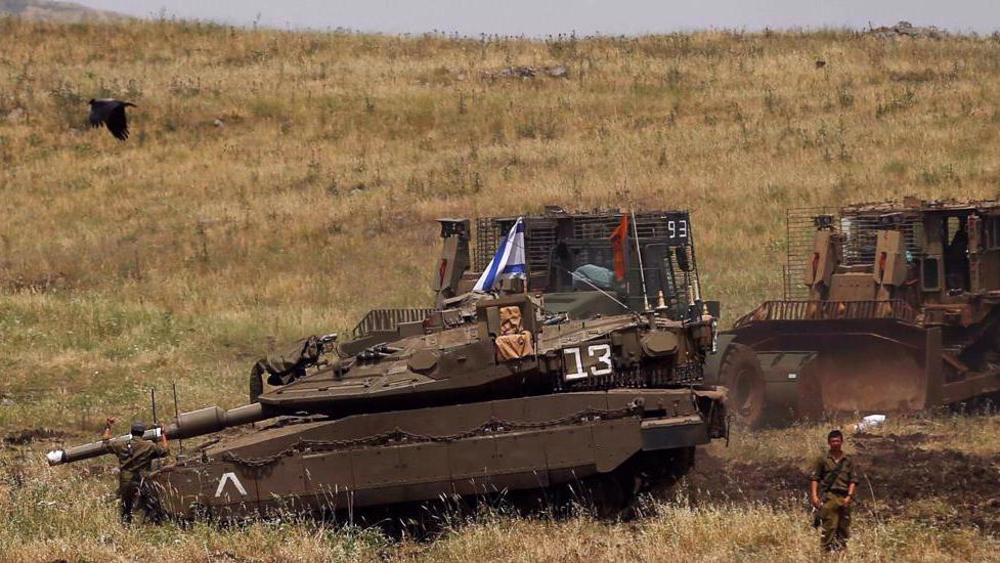

 This makes it easy to access the Press TV website
This makes it easy to access the Press TV website